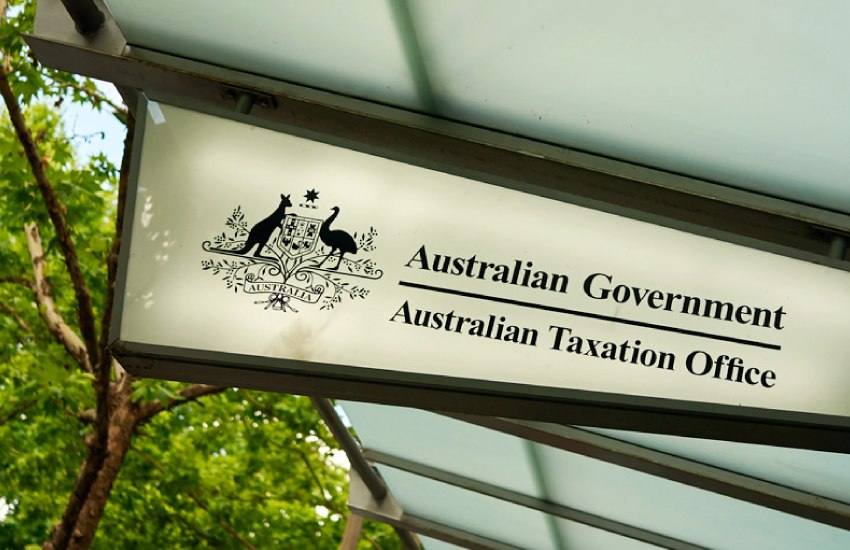ATO updates valuation guidelines for pension reporting
The ATO has updated its valuation guidelines in order to clarify when a reasonable estimate can be used for valuing pension assets when reporting to the ATO.
In an updated version of its valuation guidelines, the ATO has clarified that SMSF professionals and their clients can use a reasonable estimate for determining the value of assets that support a pension when reporting to the ATO. However, there are other situations where a reasonable estimate cannot be relied on.
The ATO reminded professionals and SMSFs that the market value of the assets that support a pension or super income needs to be determined on either the commencement day of a pension or, for ongoing pensions, 1 July of the financial year in which the pension is paid.
“Similar to valuing assets for the purpose of financial reports, the valuation can be undertaken by anyone as long as it is based on objective and supportable data,” it stated.
“Where the nature of the asset indicates that the valuation is likely to be complex, you may also consider the use of a qualified independent valuer.”
The ATO said it is expected that the SMSF trustees know the value of the assets in their fund.
“This does not mean that an external valuation needs to be performed for all assets each year. However, an external valuation of an asset such as real property may be prudent if you expect the valuation is now materially inaccurate or a significant event has occurred since it was last valued,” it said.
The ATO stated that it is acceptable to use a reasonable estimate of the value of the account when a pension is commenced partway through the year.
“It is also accepted that a reasonable estimate value of the account balance can be used when calculating the value of a pension for transfer balance cap purposes and the pension commenced on 1 July, you need to report the event to us by 28 October and a full valuation of the assets supporting the pension is not possible by this date,” it stated.
The ATO noted that it may be difficult to value assets such as private company shares by the date the TBAR is due.
“Although a reasonable estimate of the value of a pension can be used in the circumstances described above, you cannot rely on this reasonable estimate when preparing the SMSF’s financial accounts and calculating the SMSF’s entitlement to exempt current pension income (ECPI),” it warned.

Miranda Brownlee
Miranda Brownlee is the deputy editor of SMSF Adviser, which is the leading source of news, strategy and educational content for professionals working in the SMSF sector.
Since joining the team in 2014, Miranda has been responsible for breaking some of the biggest superannuation stories in Australia, and has reported extensively on technical strategy and legislative updates.
Miranda also has broad business and financial services reporting experience, having written for titles including Investor Daily, ifa and Accountants Daily.








